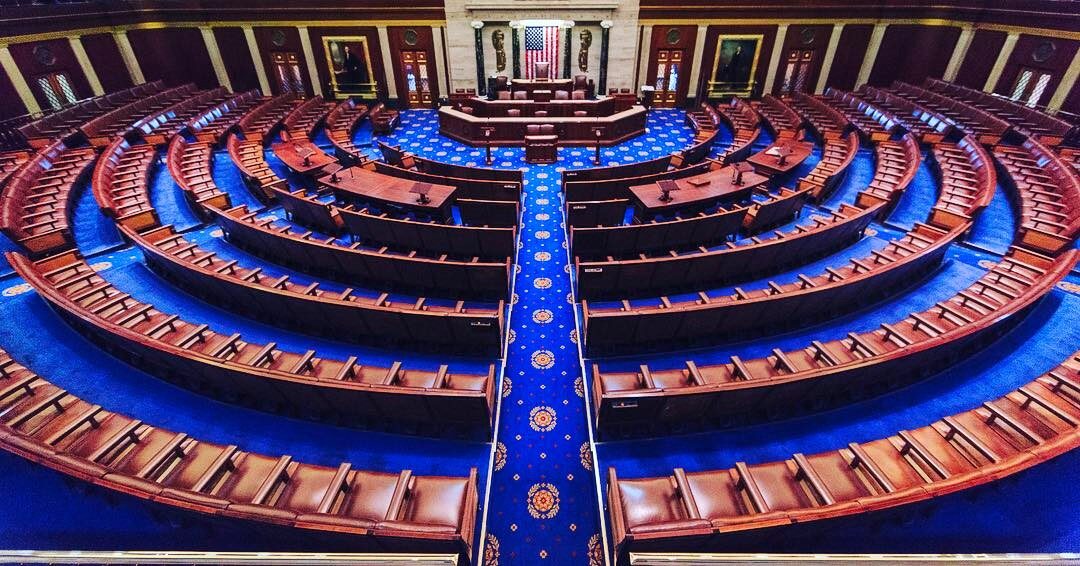Last Friday, Puerto Rico’s senate debated a bill which would set the island on a path to 100% renewable energy by 2050. And while solar and renewable energy advocates all praised the vision that this represents, there were a number of concerns raised about the details.
Specifically, while expressing support for the bill overall representatives of Sunrun and Sunnova both showed concern about language that would pave the way for regulators to increase charges on customers who adopt solar via net metering. Meanwhile the Institute for Energy Economics and Financial Analysis (IEEFA) has produced a more wide-reaching critique.
Potential for charges on net metered solar
Specifically, Sunrun expressed concern about language which would allow regulators to impose charges on customers who adopt solar via net metering. Via the bill’s text (translated from the original in Spanish):
The Electric Power Authority, its successor or the Concessionaire of the transmission and distribution network may [be able] to propose, as part of its tariff, fair and reasonable charges to the clients of net metering. The Energy [Negotiated] Commission shall evaluate said charges as part of the tariff proposal [of the Authority]. No proposed charge will constitute a discrimination against net metering customers.
Javier Rua-Jovet, Sunrun’s director of public policy, stated in his testimony that this must be a mistake.
Punishing net-metering clients – punishing prosumers – with NEM specific-charges is a tactic of renewable energy opposers. Its clearly discriminatory, unfair and would defeat SB 1121’s renewable energy goals. The Legislature, and in fact the whole government of Puerto Rico, is a renewable energy supporter. The current pro-NEM taxation language has probably been left in this bill mistakenly. This oversight must be corrected.
Sunrun’s solution is to go back to the language in Puerto Rico’s original net metering proposal, which made such discriminatory.
The two companies are in a good position to speak for the solar industry, as Sunrun is the largest residential solar provider in the United States and Sunnova is the largest residential electricity provider in Puerto Rico next to state-run utility PREPA.
Both Sunrun and Sunnova have noted that such a change is critical in order to make a more resilient grid for Puerto Rico, particularly in the event of future hurricanes. This point was underscored by Karla Zambrana Meléndez, Sunnova’s general manager in Puerto Rico.
“Facilitating more solar and storage will ensure that we do not have to face another humanitarian crisis like the one experienced in the aftermath of Hurricane Maria,” noted Meléndez.
Enabling a rush to gas?
However, these were not the only concerns about this bill. The bill has a curious timeline, with a mandate that the island move to 100% renewable energy by 2050, but only 50% by 2040 – a rather weak and delayed mid-point.
The IEEFA has argued that this bill would do little to stem a rush to natural gas development, and in particular notes the bill’s coal phase-out and a mandate that oil-fired power plants – which currently make up 2/3 of the island’s generating capacity – move to dual-fuel.
“In the details – where it counts – Puerto Rico will be marching forward with another generation of fossil fuel projects,” argues Cathy Kunkel, an energy analyst with IEEFA.
Kunkel also criticizes the privatization law passed earlier this summer, noting that that Energy Bureau, an independent regulator, is “almost entirely written out of the contracting process”, and notes that the 100% renewable energy bill misses an opportunity to fix this.
“In short, the proposed new energy law appears to be setting in motion a process whereby the short-term push for natural gas and politically-driven contracts will come into conflict with the longer-term goals for renewable energy and energy efficiency,” argues Kunkel.
IEEFA is in a strong position to warn that targets will not be reached, noting that despite a 12% renewable energy mandate by 2015 on the books now, the island currently only gets 2% of its electricity from renewables.
 In fact, the bill acknowledges this by pushing back the current mandate of 12% to 2019 and then requiring 20% renewable energy by 2025.
In fact, the bill acknowledges this by pushing back the current mandate of 12% to 2019 and then requiring 20% renewable energy by 2025.
It remains to be seen what will happen to PS 1121 as it moves through the Senate, but we at pv magazine would like to remind you that in policy, the devil is often in the details. And so far, some very substantive critiques have been made of this bill.
This content is protected by copyright and may not be reused. If you want to cooperate with us and would like to reuse some of our content, please contact: editors@pv-magazine.com.









By submitting this form you agree to pv magazine using your data for the purposes of publishing your comment.
Your personal data will only be disclosed or otherwise transmitted to third parties for the purposes of spam filtering or if this is necessary for technical maintenance of the website. Any other transfer to third parties will not take place unless this is justified on the basis of applicable data protection regulations or if pv magazine is legally obliged to do so.
You may revoke this consent at any time with effect for the future, in which case your personal data will be deleted immediately. Otherwise, your data will be deleted if pv magazine has processed your request or the purpose of data storage is fulfilled.
Further information on data privacy can be found in our Data Protection Policy.